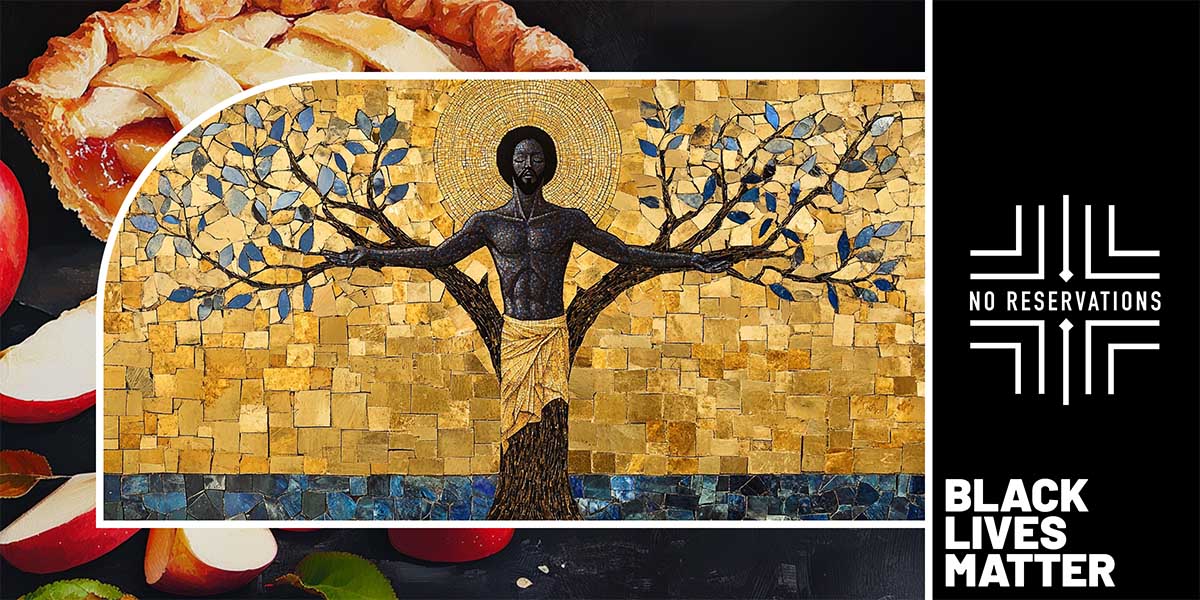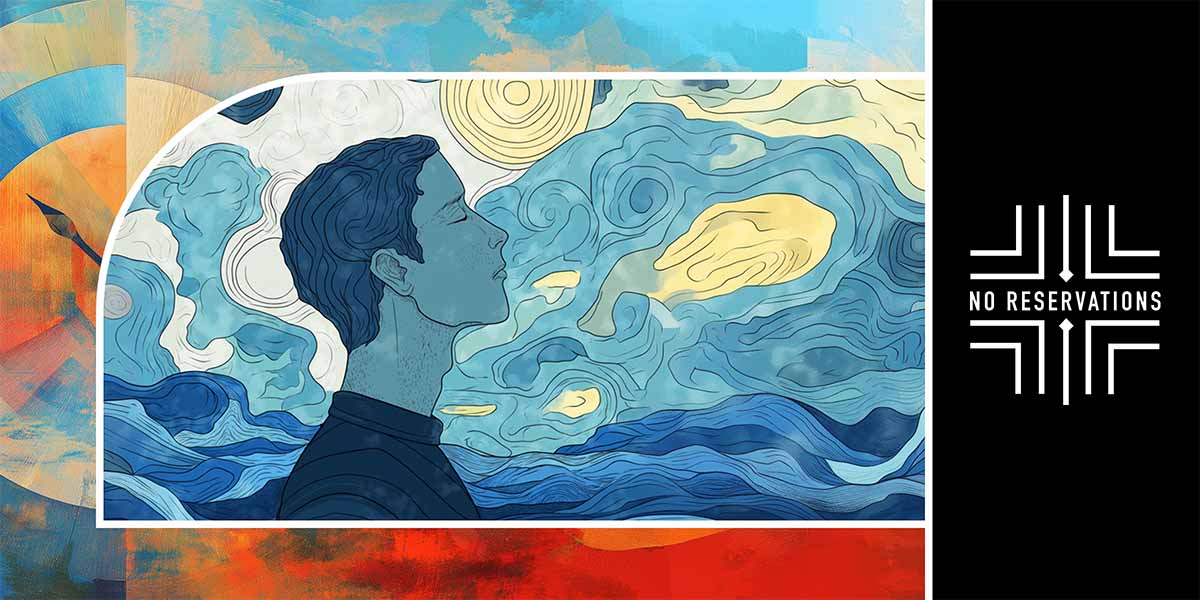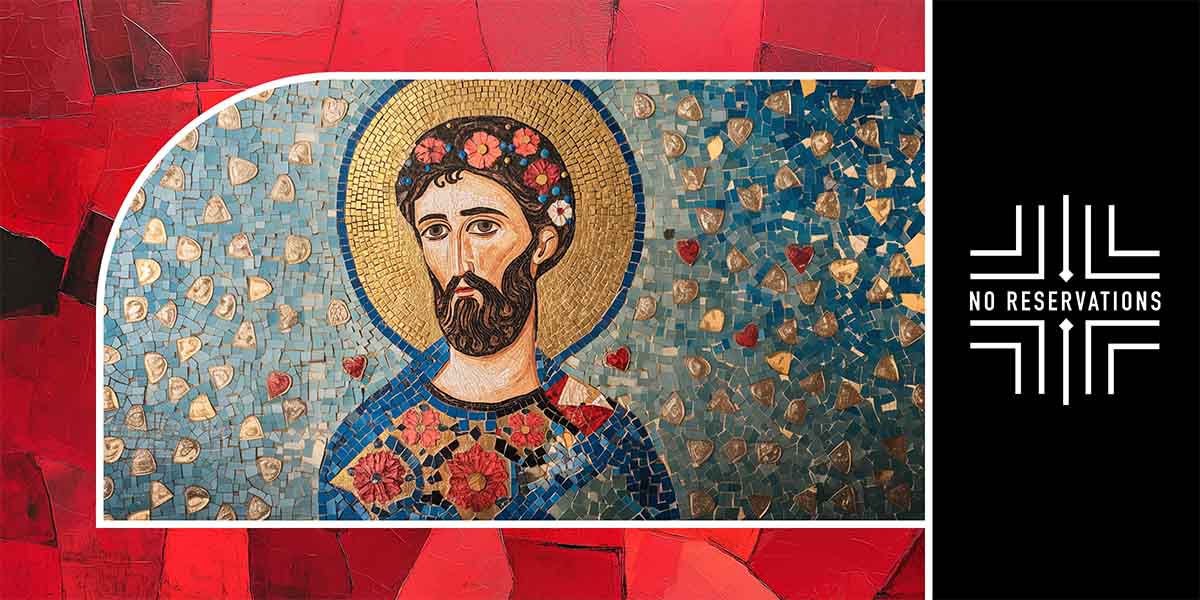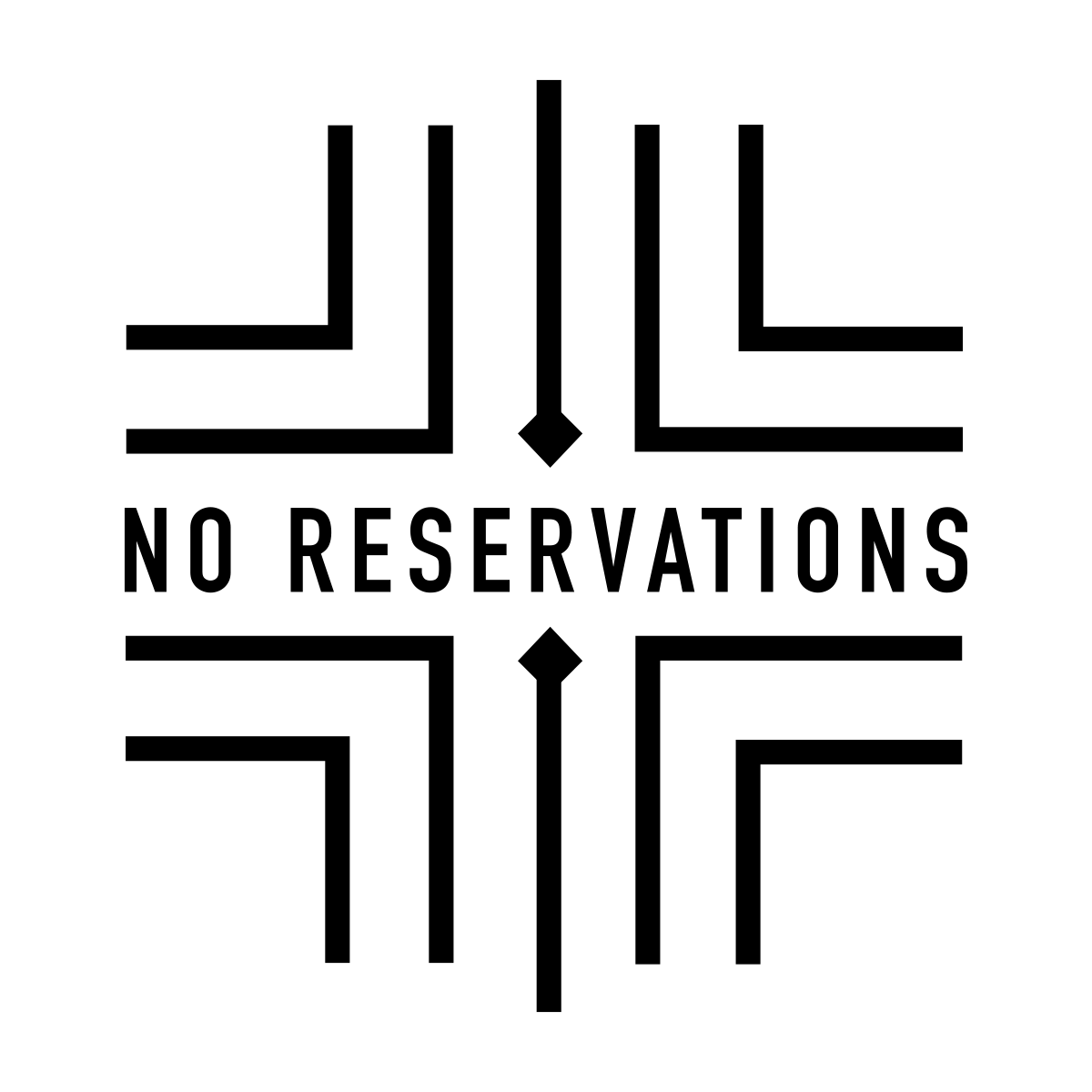America Loves Its Myths. But Racism Was Never Just a Chapter.
By: Rev. Dr. Harold Marrero
In state after state, history is being rewritten. Books about racism are disappearing from shelves. Schools are being banned from discussing systemic oppression. Politicians insist that teaching about America’s racial past is “divisive.”
But the truth remains: Racism wasn’t a historical glitch in America’s system—it was the system.
The conservative war on history is about more than discomfort. It’s about control. Acknowledging racism as an ongoing force—not just a relic of the past—threatens the foundational myths that America tells itself: that slavery was an aberration, that Jim Crow ended in the ‘60s, and that the Civil Rights Act fixed everything.
In reality, racism in America is not a series of unfortunate but unrelated events. It is a continuous, intentional system of oppression—one that conservatives are desperately trying to erase from memory.
The Pie Model of History: How Conservatives Sell a Sanitized Past
When it comes to race, conservatives have perfected what I call the Pie Model of History: slice history into disconnected pieces so no one sees the full picture.
Slavery? That was long ago. Redlining? That ended. Mass incarceration? Just bad choices. The goal is to isolate injustices, making them seem like past mistakes rather than a structural design.
But history isn’t a collection of isolated moments—it’s a throughline. Slavery didn’t just end; it evolved. The same country that built its economy on human bondage found new ways to maintain racial hierarchy: Reconstruction-era Black Codes, Jim Crow laws, redlining, voter suppression, mass incarceration.
Every era of supposed racial progress has been met with fierce backlash. The Civil War ended slavery, and the South responded with lynchings and segregation. The Civil Rights Movement secured legal victories, and America responded with the War on Drugs and mass incarceration. Today, as the fight for racial justice gains traction, the backlash takes a new form: banning books, erasing history, and restricting voting rights.
This isn’t just about historical revisionism—it’s about preserving power.
The Oppressed Become the Oppressors
Oppression doesn’t just harm the oppressed—it also poisons the oppressor. White supremacy isn’t just a system that subjugates Black and Brown people; it’s a prison for white people too.
A society built on domination demands fear, paranoia, and control. It breeds insecurity. That’s why the loudest voices against racial justice aren’t just defending privilege—they’re defending an identity.
White America, particularly those clinging to the belief in a racial hierarchy, has never fully processed its historical role. Many carry an unspoken, inherited guilt. But instead of reckoning with it, they double down—banning books, demonizing diversity programs, and attacking movements like Black Lives Matter.
Because if racism is still alive, then what does that say about them?
Faith Has Never Been Neutral
For centuries, white American Christianity has been used to justify oppression. It blessed slavery, endorsed segregation, and stayed silent through lynchings. It preached forgiveness for oppressors but demanded patience from the oppressed.
But true faith has never been neutral.
James Cone, the father of Black liberation theology, argued that Christianity must take the side of the oppressed. “The task of Christian theology,” he wrote, “is to analyze the meaning of hope in God in such a way that the oppressed community will risk all for earthly freedom.” Faith that does not confront injustice is empty—just another tool of power.
And yet, white Christianity in America continues to prop up a status quo of racial injustice. It calls for unity but not accountability. It prays for healing but refuses to acknowledge the wound. It tells Black Americans to forgive while asking nothing of those who caused the harm.
But scripture tells a different story. The prophets spoke of justice, not denial. Jesus overturned tables, not just hearts. The call to love our neighbor means little if it ignores the systems that keep some neighbors permanently in the shadows.
The False God of American Innocence
At the heart of America’s racial divide is a theological question: Who do we serve? The God of justice, liberation, and truth? Or the false god of white innocence?
The conservative push to ban critical race theory, restrict books on Black history, and demonize diversity programs isn’t about protecting children. It’s about protecting a narrative. A narrative where America is always the hero, where racism was a problem but never the problem, and where white Americans can distance themselves from history’s sins while continuing to reap its benefits.
But innocence is not the same as righteousness. True righteousness requires reckoning. And reckoning requires honesty—the kind that makes people uncomfortable.
Breaking the Cycle
America has spent centuries running from this reckoning. But the longer we run, the deeper the wounds fester. The only way forward is to confront, not deny, our history. That starts with two things:
- Liberating white America from its own racial trauma. The fear of losing power is rooted in a false idea: that justice for Black Americans means oppression for white Americans. But justice isn’t a zero-sum game. Dismantling white supremacy frees everyone.
- Destroying the myth of American innocence. The real “great replacement” happening in this country isn’t a demographic shift—it’s the replacement of comfortable lies with hard truths. And that’s exactly why conservatives are fighting so hard to stop it.
A New America Is Possible—But Only If We Face the Truth
America is at a crossroads: Will we continue to cling to our myths, or will we finally tell the truth?
That truth isn’t comfortable, but it is necessary. The fight over history is the fight over our future—one where we all belong at the table.
Rev. Dr. Marrero is the founding pastor of No Reservations, a faith community dedicated to radical authenticity, psychological healing, and spiritual transformation. A theologian, activist, and advocate for the marginalized, he challenges conventional faith models to create a space where introspection, justice, and divine connection intersect.




